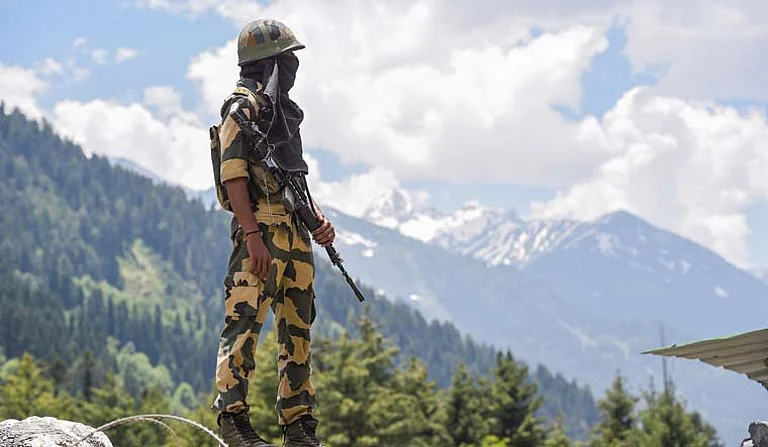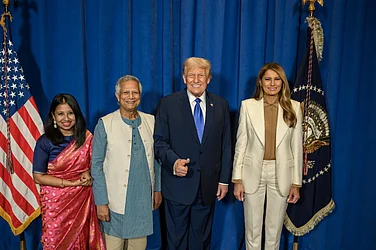The recent G7 Summit in Italy, which was also attended by Prime Minister Narendra Modi, has concluded with a commitment to promote the India-Middle East-Europe Economic Corridor (IMEC) and other infrastructure initiatives.
In a communique issued on June 14, the leaders reiterated their support for a "free and open Indo-Pacific" based on the rule of law.
“We will further promote concrete G7 PGII (Partnership for Global Infrastructure and Investment) initiatives, flagship projects, and complementary initiatives to develop transformative economic corridors for quality infrastructure and investment, such as the deepening of our coordination and financing for the Lobito Corridor, the Luzon Corridor, the Middle Corridor, and the India-Middle East-Europe Economic Corridor, also building on the EU Global Gateway, the Great Green Wall Initiative, and the Mattei Plan for Africa launched by Italy,” reads the communique.
India has already begun work on the IMEC, which was announced on the sidelines of the G20 Leaders Summit in Delhi last year.
What Is IMEC?
The India-Middle East-Europe Economic Corridor (IMEC) is a vast connectivity project aimed at developing infrastructure to boost trade between India, the Arabian Peninsula, the Mediterranean region, Europe, and potentially Africa.
The project involves building ports, railways, roads, sea lines, and pipelines to enhance economic cooperation among the participating countries.
The IMEC was launched in September 2023 with the signing of a Memorandum of Understanding (MoU) by India, Saudi Arabia, the UAE, France, Germany, Italy, the US, and the EU in New Delhi during the G-20 summit.
Israel and Greece have also expressed interest in joining the project, which is seen by many as a counter to China's Belt and Road Initiative (BRI), a massive global infrastructure project connecting China with Southeast Asia, Central Asia, Russia, and Europe.
IMEC Challenges
The India-Middle East-Europe Economic Corridor (IMEC) project faces many challenges, particularly in the wake of the ongoing Israeli assault on Gaza.
The normalisation talks between Israel and Saudi Arabia have been paused indefinitely, casting a shadow over the project's future.
Any infrastructure project connecting Jordan with Israel will face strong opposition from the Jordanian public, particularly the Palestinian population, and the government has condemned Israel's actions in Gaza.
The IMEC risks facing the same fate as other infrastructure projects, such as the proposed freight rail link between Israel, Jordan, and Saudi Arabia, which failed to materialise.
However, India's recent voting behaviour in the United Nations General Assembly, in favour of Israel, suggests that the current crisis may not affect relations between New Delhi and Tel Aviv.



























